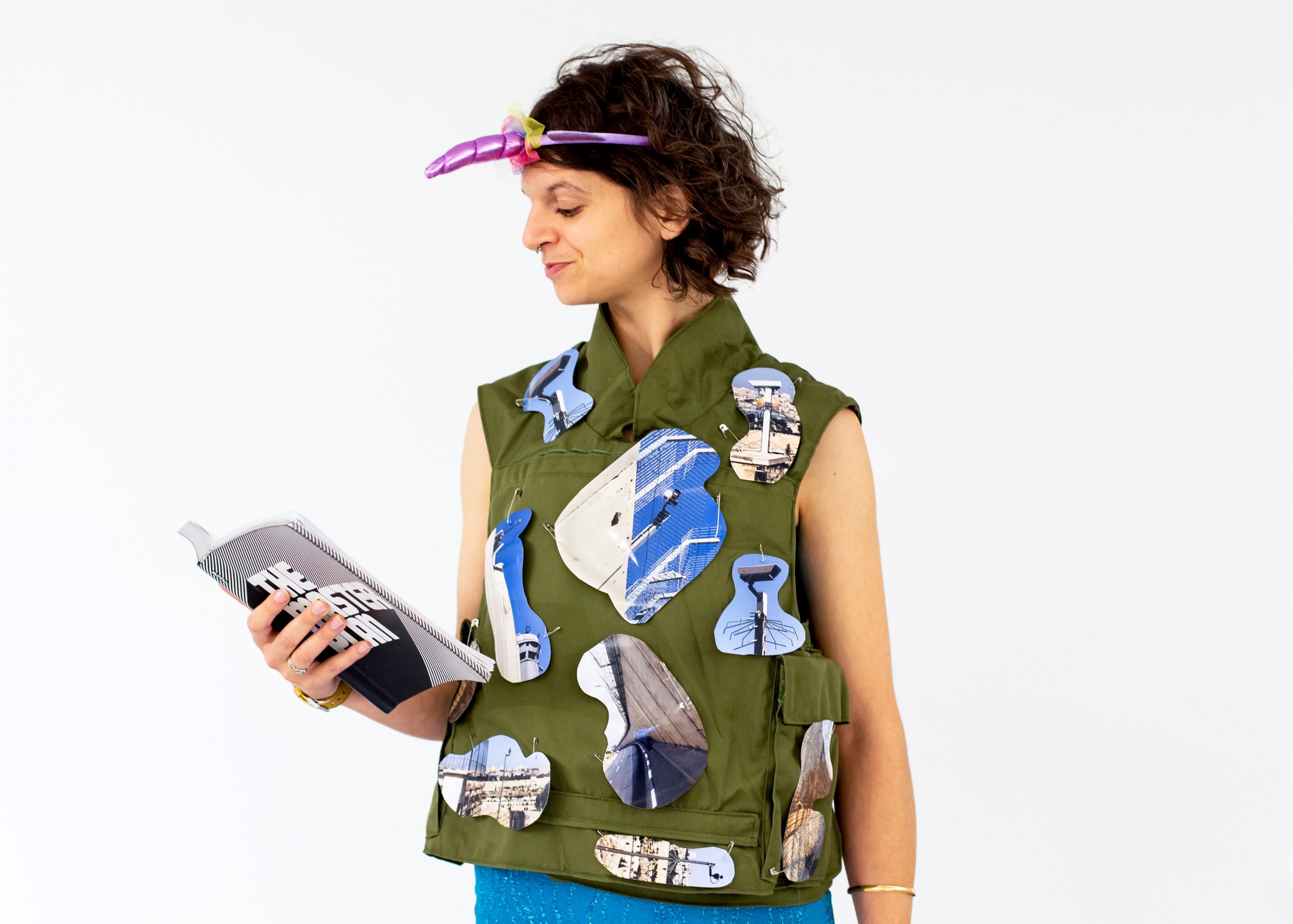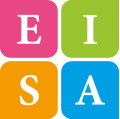EISA Virtual Conference 2020
9-11 September 2020
Knowledge Practices and Academic Community:
Keeping the Fire Going in the Times of Corona
Our academic lives have been considerably transformed. From online teaching to zoom meetings to webinars, the web has transformed the way we conceive of ourselves as providing academic labour. In many ways it has shattered the boundaries which hindered productive exchanges – from visa regimes, to conference costs, to inhibitive travelling – and hastened the move towards digitization of knowledge. But how far can digitization be democratic? As the paywalls begin to go up, and the political economy of knowledge production resets itself to monetize the new normal, how will this affect us as an academic community? In what ways have our knowledge practices been transformed by the Corona epidemic, and how do we envision the future of our discipline?
Our knowledge practices are intimately connected to our labour and lives. As this crisis scythes through the economy, colleagues with precarious contracts, with caring responsibilities for sick partner, parents and/or kids are forced to make painful decisions about whether to participate in our community or to focus on survival. This will have adverse consequences on their careers, further marginalising/erasing their voices. Many researchers may be asking new questions of their work and its place in community building and transformation, especially in light of the global mobilisation around race politics and anti-blackness. Do the social sciences and the academy need to foster new networks and experiment with new methods to address structural crises and engender regimes of care, and are new temporal frameworks needed, as questions of responsiveness and utility loom. Physical meetings and conferences are not merely transactional spaces of knowledge exchange, but also convivial sites of community building.
Over three days in early September, we’ll ‘meet’ in the virtual shadows of our annual Pan-European Conference to think, discuss, share, engage, speak up, support, act and enact our ideas of new knowledge practices and academic community in the times of COVID19.
PROGRAMME
*Please note that all timings are in Central European Standard Time (GMT +2).
Day 1: 9 September 2020
1800-1930 hrs – Keynote Lecture
Chair: Beate Jahn (EISA President and University of Sussex)
Keynote Speaker: Sankaran Krishna (University of Hawai’i)
‘Failing Better: Academic Life in Precarious Times’
Zoom link: https://zoom.us/j/94029797052?pwd=MDJsUWdUVlg5YUJRNUtGUDA2UzdOUT09
Day 2: 10 September 2020
1700-190 hrs – Round Table on ‘Precarity in Academia’
Chair: Ritu Vij (University of Aberdeen)
Panelists: Anna Agathangelou (York University)
Liberty Chee (Independent Scholar)
David Chandler (University of Westminster)
João Pontes Nogueira (Catholic University of Rio de Janeiro)
Matt Davies (Newcastle University)
Jayati Srivastava (Jawaharlal Nehru University)
Zoom link: https://zoom.us/j/96940323674?pwd=SjNRbjZOUnVnN2haL3lkRm1oWSs1dz09
Day 3: 11 September 2020
1800-1845 hrs – Live Virtual Performance
‘The Vein, the Fingerprint Machine and the Automatic Speed Detector’ by Catherine Chiniara Charrett (University of Westminster).
“One rifle says to the other rifle, “ I really wish they didn’t make me shoot her.” This show is brutal and tender, humorous and melancholic. It’s a drag performance about Israeli soldiers, Palestinian police and European weapons designers.
Zoom link: https://zoom.us/j/95816098669?pwd=T2FkVTR2cExuU1FIblpsNWIyTEtiUT09
1900-1945 hrs – Panel Discussion
Chair: Beatrix Campbell, Leiden University
Panelists: Olivia Rutazibwa (University of Portsmouth)
Nivi Manchanda (Queen Mary University of London)
Toufic Haddad (Council for British Research for the Levant)
Masha RU (Artist and mathematician)
Zoom link: https://zoom.us/j/95816098669?pwd=T2FkVTR2cExuU1FIblpsNWIyTEtiUT09
*Please note that all timings are in Central European Standard Time (GMT +2).
Everybody is welcome to join the event. There is no registration needed.


